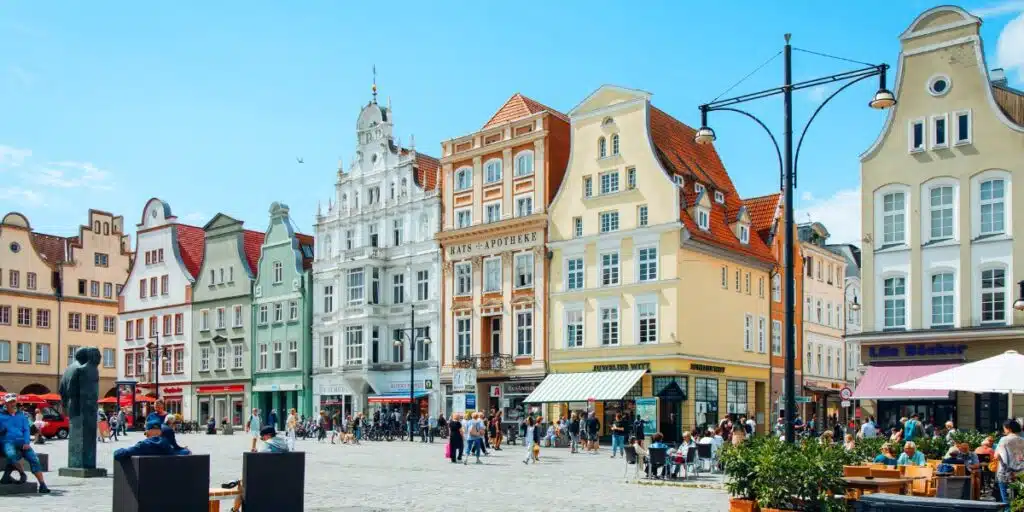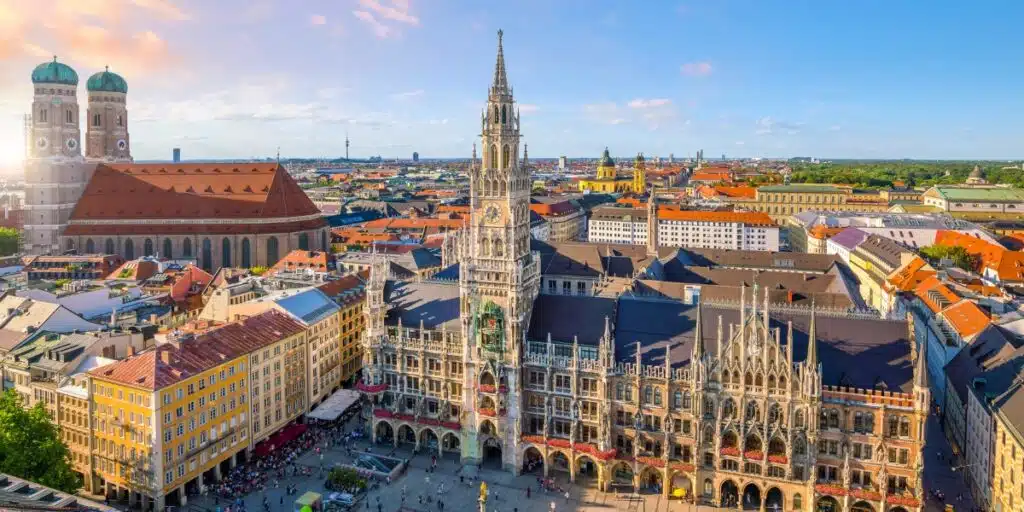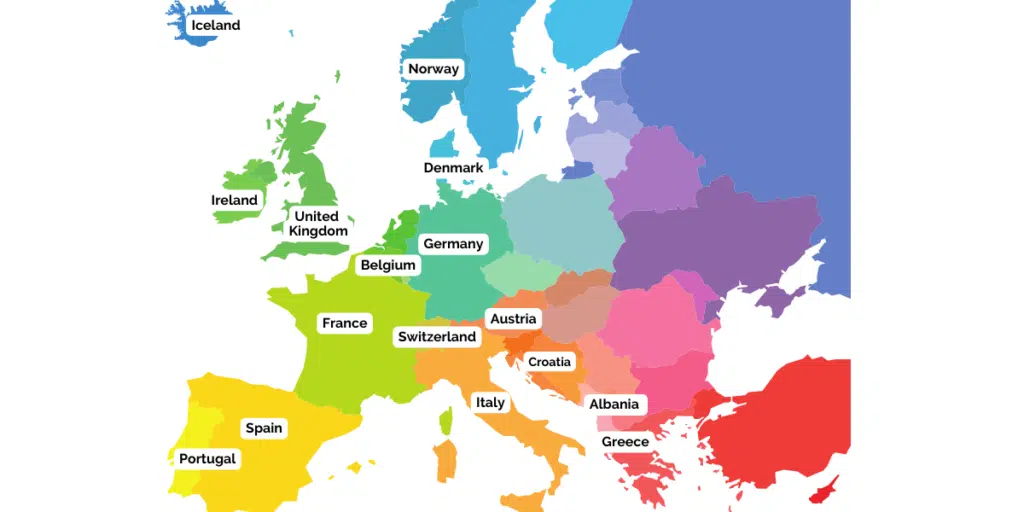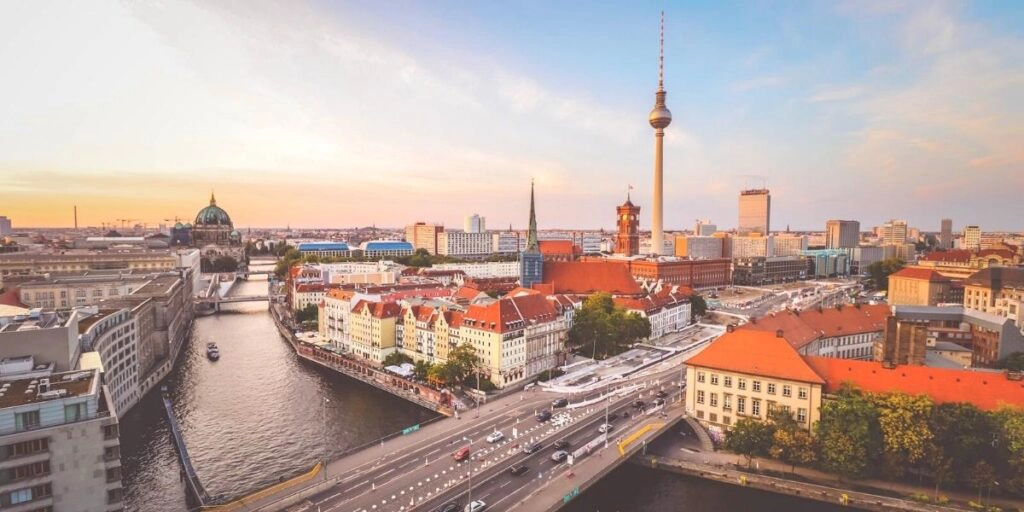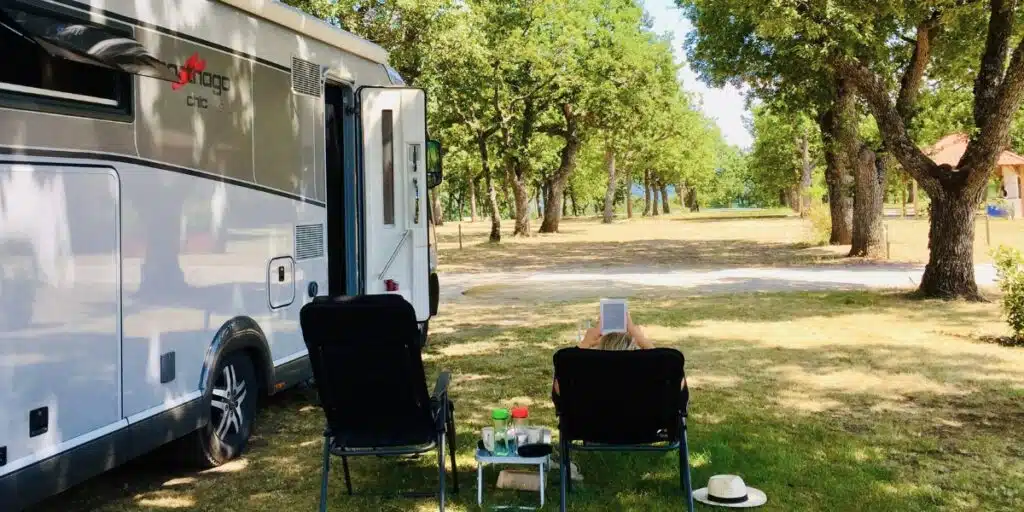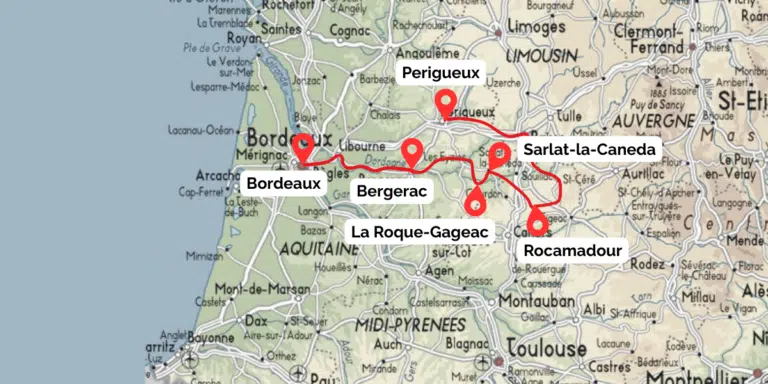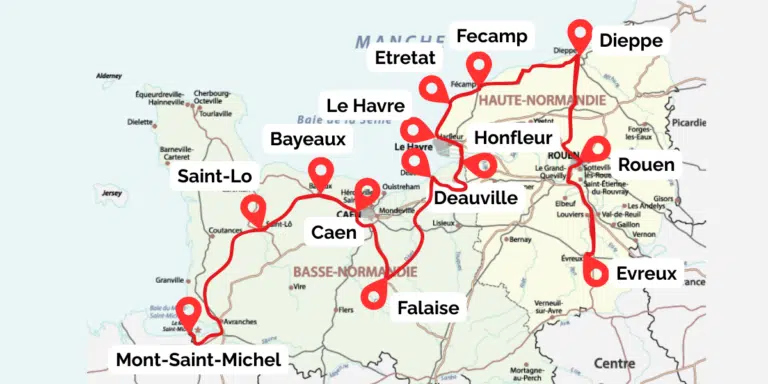Click here to see all our posts about Germany.
Germany is often misunderstood and overlooked by travellers, but this beautiful country in the heart of Europe has so much to offer. With a handful of truly stunning cities, medieval towns and fairytale castles at every turn, and landscapes that will take your breath away, Germany is a country well worth visiting.
Find out everything you need to know before you visit Germany, including trip highlights, travel tips, road trip guides and city itineraries, with our Germany visitor’s guide.
Intro to Germany
With land borders shared amongst nine other European countries, German has a varied and eclectic culture. From the industrial heartland of Europe to the wealthy cities of the North and the mountains and lakes of Bavaria in the south, Germany has a lot to offer the visitor.
Nested amongst the landscape are medieval towns, fairytale castles, meandering rivers and stunning mountain regions. With world-class wine-producing regions, outstanding driving roads and a fascinating modern history to explore, this country has something for everyone.
Forward-thinking, creative and efficient, the urban landscape is reflective of the country’s emerging culture and brings world-class art museums, high-brow opera, street art and underground clubs together in an eclectic and energising mix.
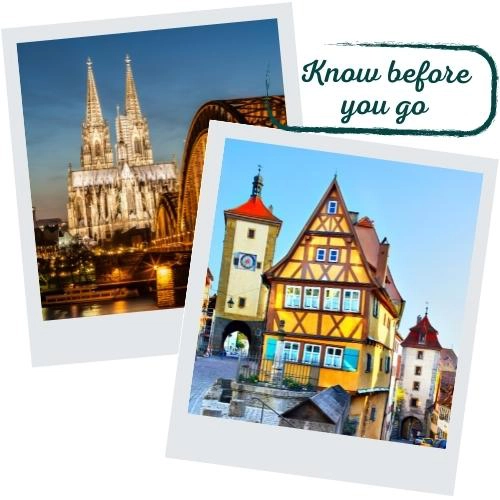
Best Time to Visit Germany
April to mid-June can be unpredictable weather-wise, especially in the northern cities, but you’ll be rewarded with fewer tourists, discounted rates and the first good days of summer.
Mid-June to August is the peak tourist season when the weather is at its best. The cities will be busy though, and both airfares and accommodation will be at their highest price points of the year.
September and October offer great opportunities for the budget conscious and September into early October is characterised by warm weather and diminishing crowds. The second half of October usually brings wetter weather along with fabulous autumn colours and better deals on rooms and airfare, unless you’re visiting during Oktoberfest which is considered high season.
November to March brings winter to Germany with short and dreary cold days, with freezing rain and snow in some places, especially in the south and east. This is the quietest time of year in the country and you’ll likely find rock-bottom prices and have the streets to yourself.
Germany Travel Tips
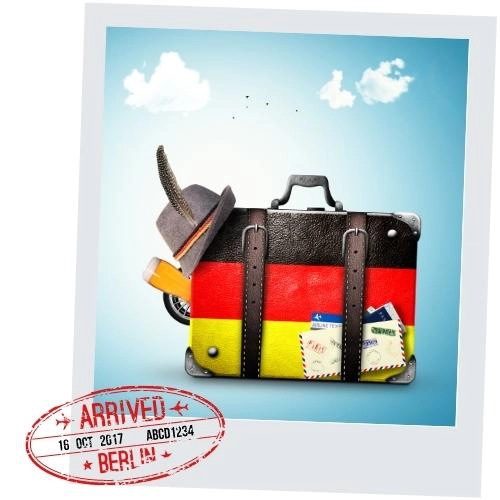
Germany Packing Tips
- Start with a good suitcase from our fave brand Eminent.
- Pack warm layers for shoulder season and winter trips and be prepared for all weathers, even in one day!
- Winter visitors should bring a quilted-down puffer coat, warm layers and sturdy boots.
- A warm hat, scarf, gloves and thermals will also be needed for the colder months.
- Sun protection, sunglasses and a cap or hat are a must in summer when it will be warm enough for a t-shirt and shorts.
- Make sure to bring a waterproof jacket, or showerproof top, even in summer.
- If you’re visiting towns and cities, make sure to pack trainers or comfy walking shoes to help you negotiate Germany’s cobbled streets.
- Technical gear that washes easily and dries quickly is a great option if you’re road tripping or moving about a lot.
- Don’t forget an easy-to-manage day bag, such as a rucksack or day sack.
Germany Highlights
Germany Road Trips
Motorhome Germany Resources
Things to Know About Germany
- Germans place a high priority on structure, privacy, and punctuality. The German people embrace the values of thriftiness and hard work; life in Germany is well-organized and Germans are usually very compliant with the rules. Although this may sound constraining, it means that everything works as it should; life is peaceful, the environment clean and you know what to expect when to expect it and how to deal with it.
- In Germany, it is considered rude to stand too close to another person; one to two meters would be a good distance. This unwritten rule applies to people you know and also strangers, for example when you are queuing in a shop. Do not gesticulate too much when talking, this invades personal space even more.
- Public transport in Germany will be on time, every time. Do not allow yourself to run late or you will miss your bus or train. It’s customary to keep yourself to yourself and talk quietly when using public transport.
- Jaywalking (crossing the road where there is no crossing or where the lights are not green) is illegal in Germany and whilst unlikely, you may get fined if caught.
- Shops and many bars and restaurants do not open on Sundays, even in tourist destinations.
- Germany is very open about their war history and younger people especially, are happy to discuss how it has affected their recent history. Using the Nazi salute, shouting “heil Hitler” and displaying the swastika or other symbols of the Third Reich is a criminal offense, punishable by up to five years in prison.
- Do not be disrespectful at concentration camps or Jewish memorials by taking selfies or climbing on memorial stones or buildings. Such places should be visited if possible; they do not always make for the most comfortable of tourist attractions but nevertheless, the holocaust and its victims should not be forgotten.
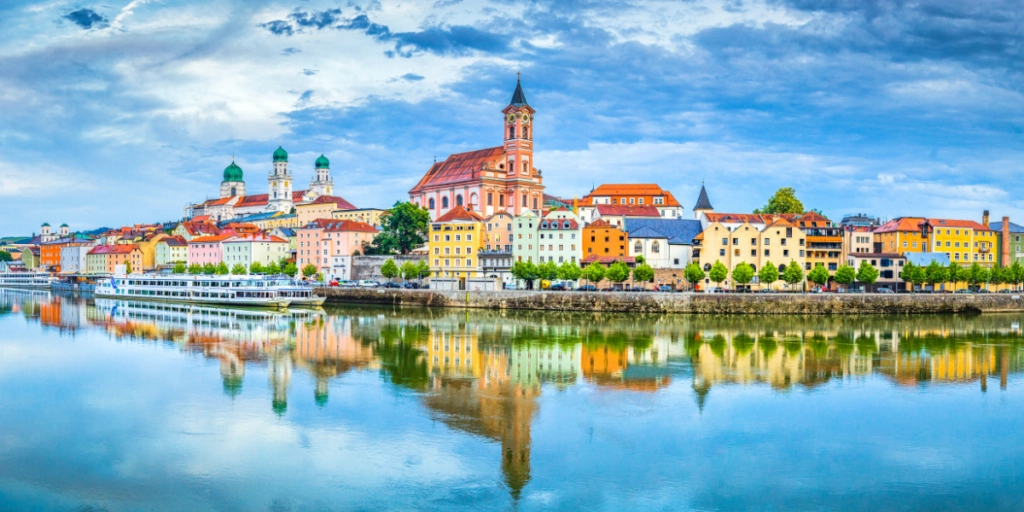
Germany Travel Resources
Getting There
Fly into one of 36 international airports across Germany.
Driving
Drive from Europe or the UK into Germany or hire a car in the country.
Need a Visa?
Some countries citizens need a visa to visit Germany – find out if you need one here.
Travel Insurance
Cover medical expenses, delays and lost luggage.
Places to Stay
Find hotels, guesthouses, AirBnBs, hostels and homestays.
Tours & Activities
Find city guides, ancient site tours, day trips, sailing and extreme sports.


